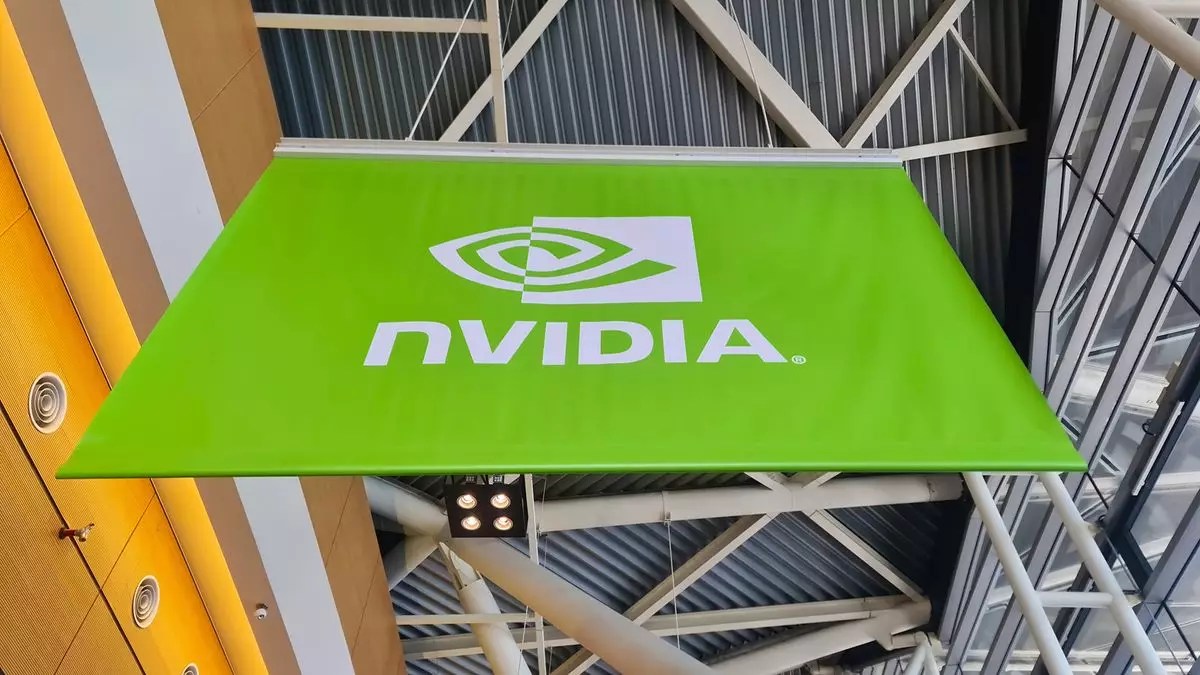Nvidia, the renowned chipmaker, finds itself once again in the crosshairs of legal scrutiny, particularly involving a lingering class action lawsuit that traces its origins back to 2018. The core of this lawsuit revolves around allegations that Nvidia misrepresented the extent to which its revenue was tied to the cryptocurrency market. Such claims assert a violation of the 1934 Securities Exchange Act, highlighting a potential breach of trust with its investors. The Supreme Court’s recent deliberations on this case underscore not only Nvidia’s tenacity in defending its position but also the broader repercussions for corporate accountability in matters of securities fraud.
The Historical Landscape of the Case
This particular lawsuit has had a convoluted journey through the legal system. Initially dismissed by a lower court in 2021, the case saw a revival instigated by the 9th Circuit Court of Appeals, illustrating the fluid nature of legal interpretations in securities law. Nvidia’s appeal aims to quash the lawsuit before it progresses, reflecting the company’s desire to establish parameters that may fortify its defenses against future litigation.
The timing of the lawsuit is particularly noteworthy. Following Nvidia’s settlement of $5.5 million with the Securities and Exchange Commission (SEC) in 2022 for failing to adequately disclose its dependence on crypto mining for revenue, questions surrounding the company’s transparency have become even more pronounced. Critics may argue that the continual emergence of such lawsuits puts a spotlight on the ethical responsibilities of corporations regarding their investor communications.
The Supreme Court’s Role in Shaping Legal Precedents
The Supreme Court’s examination of Nvidia’s appeal revolves around a key component of the 1995 Private Securities Litigation Reform Act (PSLRA), which seeks to safeguard corporations against frivolous lawsuits. Nvidia contends that the plaintiffs in this case lack sufficient preliminary evidence to bolster their claims. This assertion was met with skepticism from Justice Ketanji Brown Jackson, who underscored the inherent challenge plaintiffs face in gathering evidence before their case is formally accepted by the court.
By addressing the evidentiary threshold required for securities fraud claims, the outcome of this case could set a pivotal precedent. Should Nvidia succeed in its challenge, it may inadvertently create a more formidable barrier for individual investors seeking to hold corporations accountable for alleged misrepresentations. This could lead to a chilling effect whereby potential fraud claims might go unexamined, given the increased burden of proof placed on investors from the outset.
Investors have a vested interest in the outcome of this case. The dynamics of the tech industry are particularly susceptible to fluctuations in market sentiment, especially given the integral role that emerging sectors like cryptocurrencies play in shaping corporate revenues. Should the Supreme Court rule in favor of Nvidia, the implications could ripple through the market, prompting corporations to potentially modulate their disclosures based on a new legal landscape.
Moreover, the juxtaposition of this case against another involving Meta highlights a pivotal moment for corporate accountability in the digital age. As investor confidence in tech companies can be remarkably fragile, defining the parameters for securities fraud lawsuits becomes ever more critical. Stakeholders may find themselves reconsidering their engagements with these firms if they perceive a trend toward diminished accountability.
A salient question arises concerning the motivation of the plaintiffs pushing this lawsuit forward. Given Nvidia’s significant rebound since 2018, one might speculate whether it is investors who remained committed after the initial downturn or those who exited the market prematurely. The latter may feel a sense of grievance, wishing to rectify their financial decisions through legal avenues. There is an inherent irony here: those who walked away at the time, perhaps regretting their decision, may now be rallying to seek justice or compensation that many of them might not have foreseen.
The Supreme Court’s ruling on Nvidia’s appeal has the potential to reshape the landscape of securities fraud litigation. As the court deliberates on the appropriate standards for evidence in such cases, both investors and corporate entities will be keenly observing the implications of this decision, as it could redefine the balance of power in corporate governance and investor accountability.


Leave a Reply